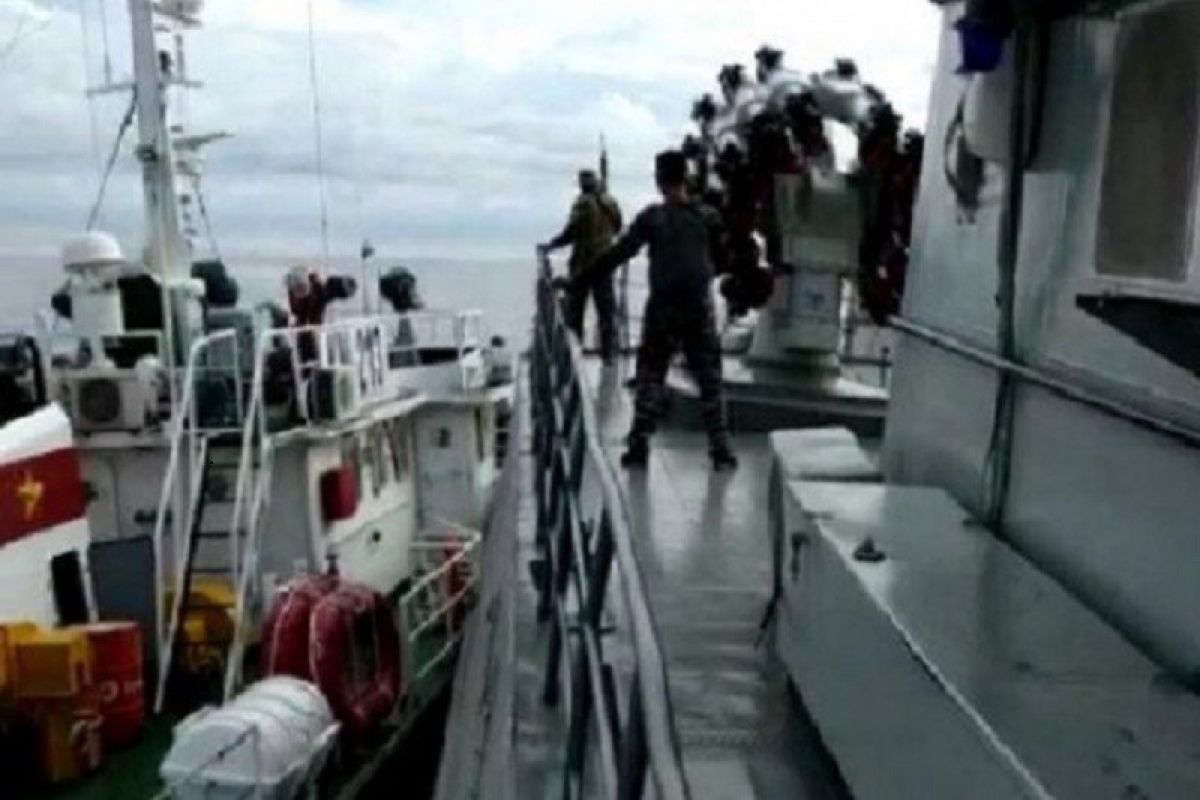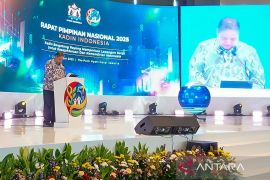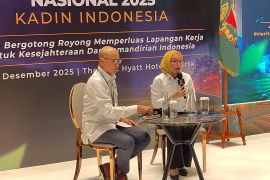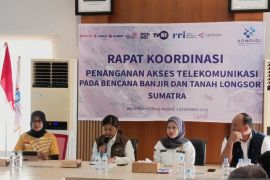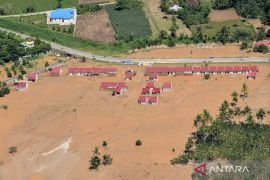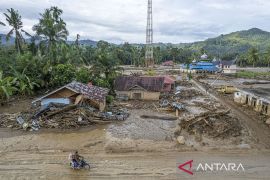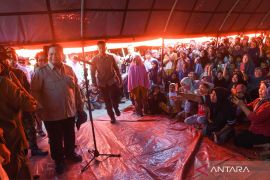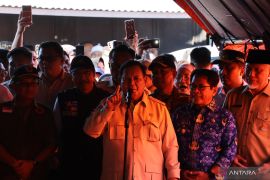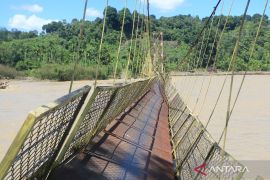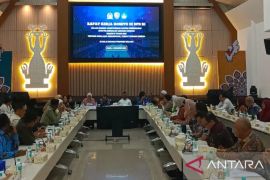"The incident that occurred in the North Natuna Sea Area is a result of overlapping claims between Indonesia and Vietnam over the Exclusive Economic Zone (EEZ)," Hikmahanto said via a text message here on Monday.
He was speaking in relation to the incident that took place in the North Natuna Sea between the Indonesian war ship KRI Tjiptadi 381 and the vessel of the Vietnam fisheries authority on Saturday (April 27).
Hikmahanto argued that the incident occurred because the Indonesian Air Force felt that it was authorized to arrest the Vietnamese fishing vessels, but on the other hand Vietnamese authorities with their coast guard vessels felt that the KRI Tjiptadi 381 was not authorized to make arrests.
This later led to a collision between a Vietnamese coast guard ship that wanted to free its fishing boat from arrest by the KRI Tjiptadi 381.
To avoid such recurrences, governments that have overlapping claims must make rules in case of a clash between authorities.
"Unfortunately, there are no such rules among the ASEAN countries," said Hikmahanto.
He said EEZ is not a territorial sea, which is under state sovereignty. EEZ is a high sea where coastal countries have sovereign rights over natural resources in the sea column.
Until now, the two countries did not have an EEZ boundary agreement. "Luckily, the KRI Tjiptadi 381 crew was not provoked to shoot," said Hikmahanto.
In international law, regardless of who is right or wrong, the party who shoots first will be considered to be carrying out acts of aggression.
"In this incident, the Indonesian government through the Ministry of Foreign Affairs can protest by summoning the Vietnamese Ambassador. The protests are not for the entry of fishing vessels and Vietnamese vessels into the Indonesian EEZ, considering that the area is still in dispute. The protest was made as the Vietnamese coast guard vessel tried to stop KRI Tjiptadi 381 by way of a collision," he said.
Hikmahanto revealed that this incident must be settled through diplomatic channels between the two countries and does not need to be brought to the International Court of Justice.
"Bringing it to the International Court of Justice will be complicated. First, it will be very costly which will exceed the costs suffered by KRI Tjitadi 381, especially among ASEAN countries that should settle disputes by prioritizing ways of deliberation to reach a consensus," he said.
Translator: Bambang Purwanto
Editor: Sri Haryati
Copyright © ANTARA 2019
